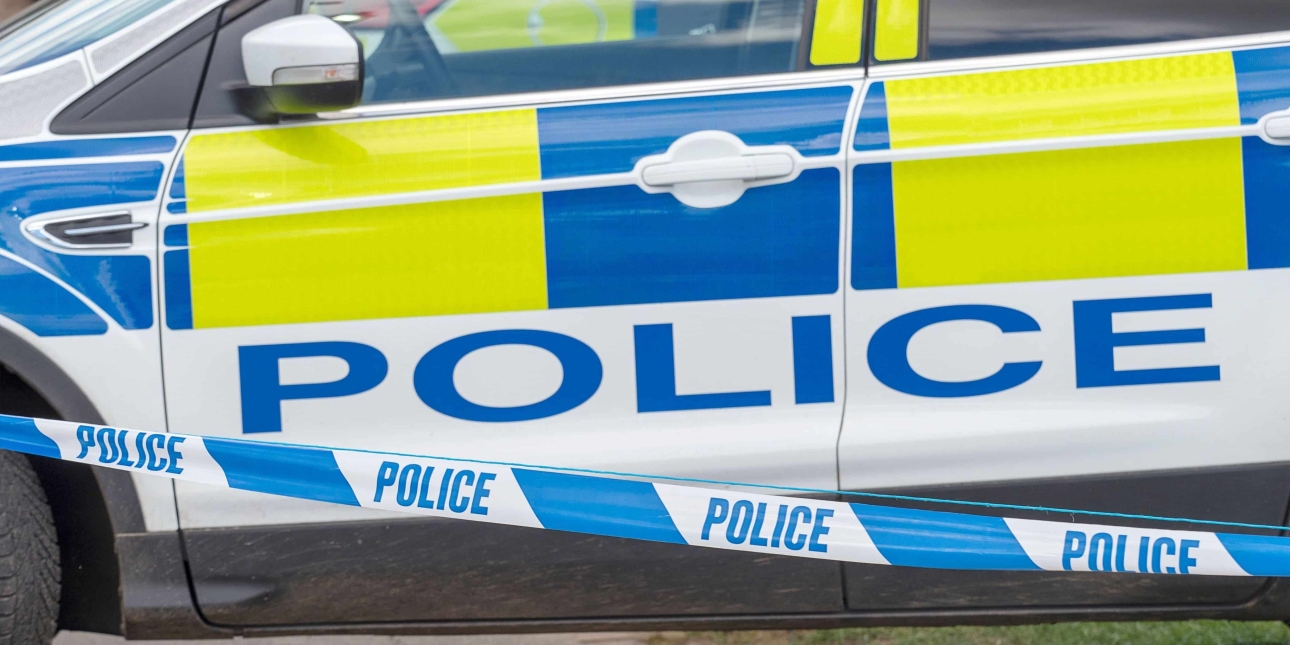What I learned about public relations when I joined the police
A PR professional reflects on what her stint as a police officer taught her about reputation management and crisis comms
“Neighbours have reported a disturbance at a property with a man and woman heard arguing. Any takers?” said the control room on the radio.
“Zulu, Tango, Charlie 5643 we’ll take it,” I responded.
And so began my short-lived career in Thames Valley Police following a detour from PR.
On arrival the flat, in Slough, had been turned upside down and a woman was cowering in the corner. Outside a man could be heard bellowing. My crewmate and I made sure the woman was okay before going outside to find the red-faced man-mountain striding around and balling his fists.
My mouth went dry and I resisted the urge to freeze like a rabbit caught in the headlights of an oncoming lorry. As he approached I nervously felt for my spray and called for back-up. Shouting all manner of threats and obscenities, he ripped his shirt off and lunged towards us. As more officers arrived, we got him in handcuffs and he thankfully conceded defeat, nevertheless continuing the onslaught.
“It’s my birthday! I shouldn’t be here. I should be at a sex party…” he raged.
This was just one of many jobs in Slough, where I was stationed as an officer in Thames Valley Police. I’d joined on a fast-track entry, spending five months in uniform before transferring to the criminal investigation department (CID) to work as a detective investigating serious crimes such as sexual offences, shootings, kidnappings and stalking.
PR, police and making a difference
In my early career I’d worked as a reporter, covering crime stories and going to court, so this presented itself as an opportunity to step back into that world. Only this time I’d have the chance to help people win justice rather than just telling their story.
But after one year and four months, I threw the towel in. My dad was relieved. I was stunned. I wasn’t used to giving up, to failing. But what I had failed to appreciate was how important creativity was to me. I yearned for the opportunity to build campaigns that would communicate voices and make a difference.
I said goodbye to my colleagues in the police, who I cannot praise enough for their bravery and professionalism in what is becoming an increasingly difficult and under-appreciated job. Undoubtedly PR has a hand in that. The constant, negative stories in the press affects how officers go about their day, whether it’s being spat at, or simply dealing with people who refuse to cooperate.
Reputational damage on the front line
I returned to my career in PR having seen first-hand how reputational damage drips down in an organisation to those on the front line.
I was reminded of the Oxfam safeguarding scandal where the charity faced allegations that its staff paid Haiti earthquake survivors for sex. During that time, I was a press officer for Oxfam and recall street fundraisers reporting abuse from members of the public.
Like Oxfam did, the police faces a reputational crisis that won’t be solved by weeding out a few bad apples. Managing the risk and issues before they become a crisis requires an institutional shift from the very top.
And I say that based on my own experience because most officers I worked with were courageous and respectful, risking their own lives to help the vulnerable. Yes, in organisations of this magnitude, there will always be wrong’uns, and they should be dealt with swiftly, effectively and transparently; no amount of PR should whitewash deliberate organisational wrong-doing or bad behaviour.
Positive PR
But crisis comms should not just be about stabilising a situation and paving the way for organisational recovery in the ivory tower; it should also consider the effects of a crisis on the worker bees in the line of fire. Shouting about the majority who do a brilliant job and telling positive stories should become a mainstay of annual PR strategies.
While the police may not have been the right path for me, I’m glad I stepped outside of my comfort zone and tried something new, learning different skills such as taking control in difficult situations and de-escalating threats, communicating with people effectively, working in a high-pressure environment, and making quick decisions.
Now I’m the PR and press manager at the UK’s leading road safety charity IAM RoadSmart, working with former police officers to make the UK’s roads safer so that everyone makes it home. Sometimes it’s better to have the courage to leap than the fear of getting it wrong.
- How does it feel to leave public sector comms for private sector PR?
- New job anxiety? The best way to handle career change

Harriet Hernando is PR and press manager at IAM RoadSmart. She has more than 15 years of experience of working in public relations and journalism.

